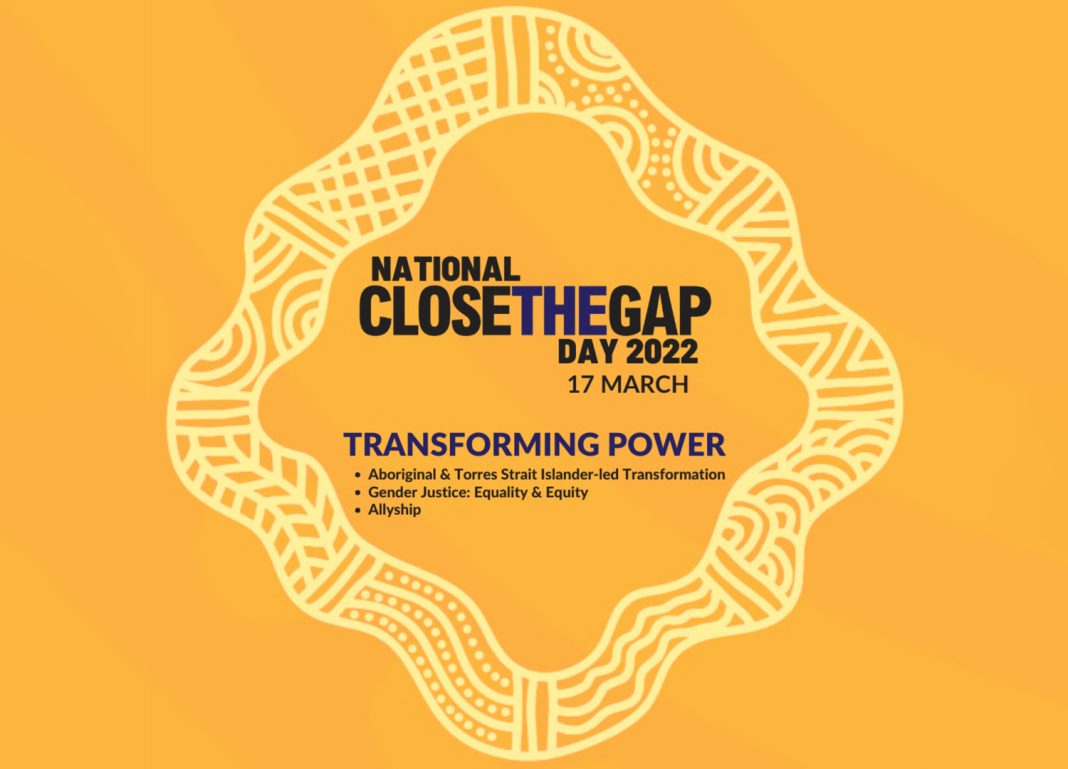 Expanding Health Care Access for DACA Recipients: The Cost and Controversy
Expanding Health Care Access for DACA Recipients: The Cost and Controversy
Introduction:
The federal government’s recent decision to extend health care access to illegal immigrants enrolled in the Deferred Action for Childhood Arrivals (DACA) program has sparked a heated debate. Supporters argue that providing health care to DACA recipients is a matter of fairness and compassion, while critics express concerns about the cost and prioritization of non-citizens over American citizens. Let’s delve into the details and examine the potential implications of this decision.
The Cost Projection:
According to a recent analysis conducted by the Congressional Budget Office (CBO) and the Joint Committee on Taxation, granting health care coverage to DACA recipients under the Affordable Care Act (ACA) could cost taxpayers at least $7 billion per year. The analysts estimate that around 110,000 DACA recipients would enroll in the health care program due to this new rule. These costs would persist from 2025 through 2034, putting a substantial financial burden on taxpayers.
Offsetting Costs and Medicaid Spending:
Although the projected costs are significant, the budget office highlights that the increase in marketplace enrollment would be somewhat offset by decreases in emergency Medicaid spending. As DACA recipients become eligible for health care coverage, they can claim tax credits, which would reduce their reliance on emergency Medicaid services. This aspect should be taken into account when considering the overall impact on government spending.
Permanently Expanding Subsidies and Additional Costs:
The CBO also notes that if a related tax credit, currently temporary, is made permanent, the number of DACA recipients receiving health care coverage could rise to approximately 140,000 per year. This increase in enrollment would raise the estimated cost from $7 billion to $9 billion annually, spanning from 2024 through 2035. Additionally, the analysts predict that paying for debt services for illegal immigrants would incur an extra $2 billion.
The Concerns of Republicans:
Republican lawmakers, including Rep. Jodey Arrington (R-Texas) and Rep. Jason Smith (R-Mo.), express strong reservations about the expansion of health care access for DACA recipients. They argue that at a time when the national debt stands at a record $35 trillion, Democrats should not advocate for taxpayer-funded benefits for wealthy individuals and large health insurance companies. These concerns highlight the need for a balanced approach when addressing health care policies.
Democratic Support for “Dreamers”:
In contrast, many Democrats view the extension of health care coverage to DACA recipients as an essential step toward supporting these young undocumented immigrants, commonly referred to as “dreamers.” Rep. Katherine Clark (D-Mass.) emphasizes their contributions to American society and asserts that they deserve affordable health care like any other individual. Similarly, Rep. Steny Hoyer (D-Md.) highlights the extraordinary qualities of dreamers and advocates for their access to health care services.
Public Opinion and Future Implications:
The decision to expand health care access for DACA recipients has polarized public opinion. While some view it as a compassionate and inclusive move, others argue that it prioritizes non-citizens over American citizens. As this debate continues, it is crucial to consider the long-term consequences. The Biden administration’s commitment to supporting dreamers comes with significant financial implications, especially when coupled with the proposal to permanently expand subsidies for Obamacare.
Conclusion:
The expansion of health care access for DACA recipients under the ACA raises important questions about cost, fairness, and prioritization. The estimated annual cost of $7 billion and the potential increase to $9 billion, coupled with concerns about the national debt and the allocation of taxpayer funds, highlight the complexity of this issue. As policymakers navigate these challenges, finding a balance between compassion and fiscal responsibility will be crucial to ensure a fair and sustainable health care system.


